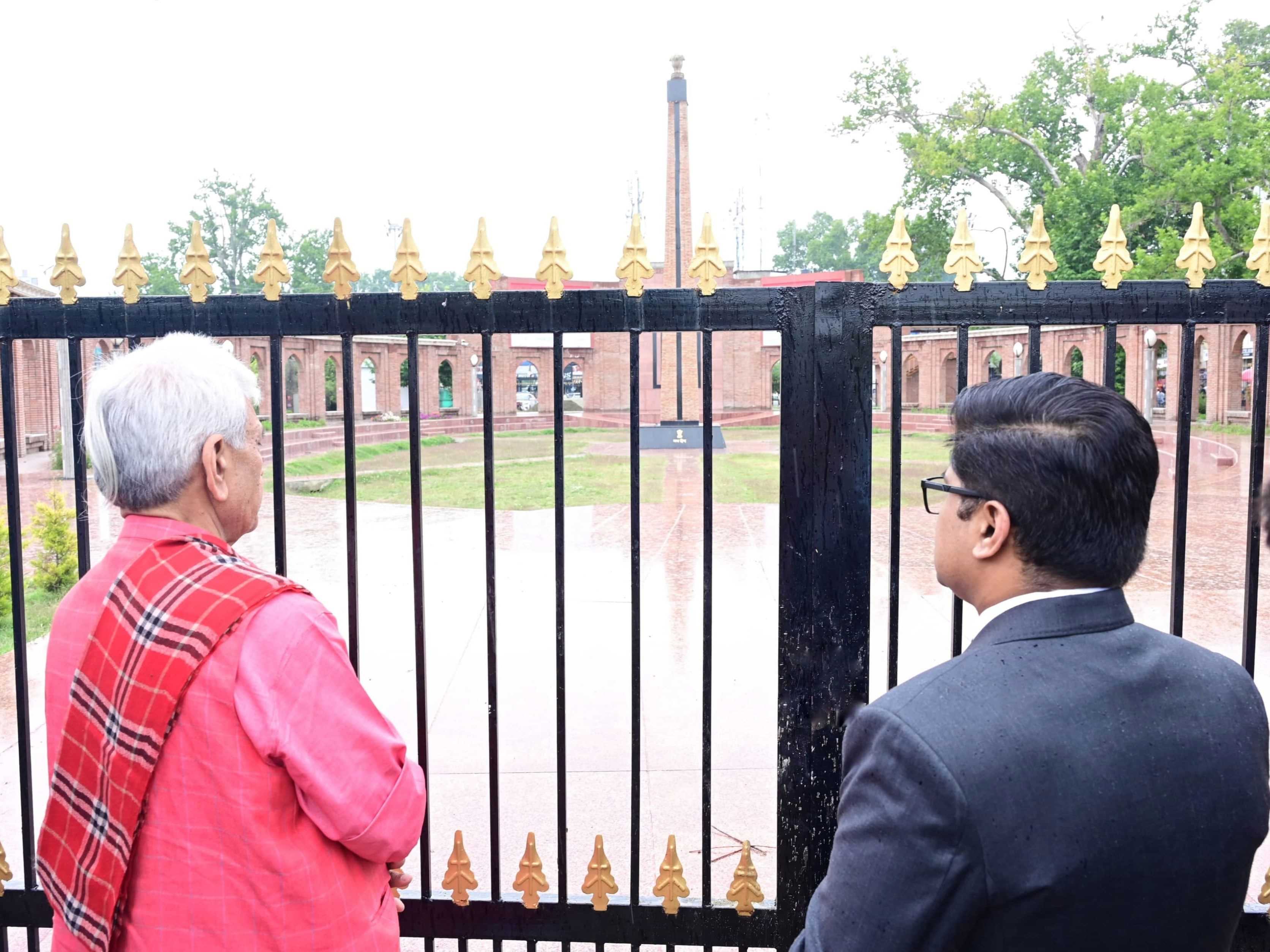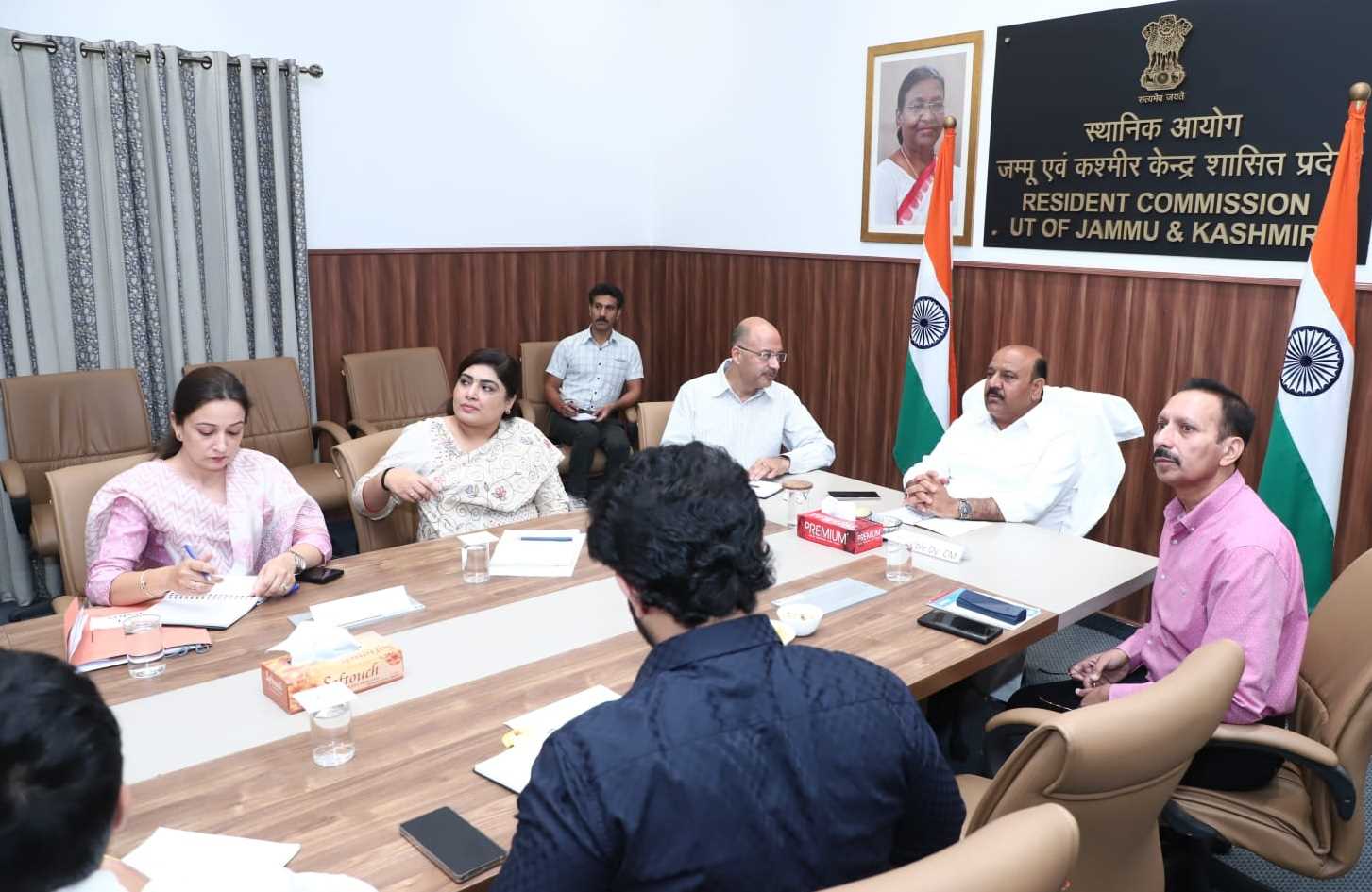As I walk through the corridors of higher education institutions and engage with students, faculty, and academic administrators, a painful reality dawns with sharper clarity each day—college admissions are witnessing a worrying decline. Unlike the previous generations, where securing a seat in a college was a dream and a matter of pride, today’s youth seem disenchanted, disillusioned, and directionless after completing their higher secondary education. The once-vibrant aspiration to pursue a BA or BSc degree has diminished. But why?
The decline in college admissions is not just a statistical concern—it is a deep social, economic, and psychological issue that needs immediate attention. As I introspect, multiple layers of reasons emerge, each more distressing than the last.
The Bleak Future Ahead
The most compelling reason for this apathy is the bleak employment scenario. Students today are acutely aware of the fate of their predecessors—bright, academically accomplished youth, many with postgraduate degrees, NET, SET, even PhDs—still roaming jobless. The very institutions that once promised growth and respect have failed to translate degrees into dignified livelihoods. This growing army of unemployed educated youth has created a sense of futility in the minds of fresh pass-outs. The younger generation, pragmatic and observant, no longer sees a college degree as a gateway to success but as a possible dead end.
Lack of Immediate Academic Infrastructure
Another major factor is the unfortunate state of readiness of our colleges when the new academic sessions begin. Year after year, when new batches walk into college campuses with a mix of excitement and anxiety, they often find classrooms without teachers, laboratories without instructors, and departments without any academic rhythm. This initial month or more—meant to build academic bonds—often goes wasted due to the absence of permanent or timely-appointed staff. The Higher Education Department, in many cases, resorts to ad-hoc or academic arrangement recruitments after delays. This gap, where learning should have taken root, ends up sowing seeds of disappointment.
Curriculum Strategy and Policy Disconnect
There is also a deeper flaw in the strategic design of our curriculum. As someone closely observing and engaging with the system, I can confidently say the curriculum is often outdated and disconnected from the realities of the job market. Students don't just need theoretical knowledge; they need skills, exposure, and industry-aligned learning. Without that, a degree becomes a mere formality—hollow and ineffective.
4. Spreading Disillusionment and Peer Influence
When one student is disheartened by the lack of staff or direction in the first few weeks of college, the word quickly spreads. Peer discussions turn into dissuasive debates. “College is a waste of time,” becomes a narrative that slowly poisons the minds of many. This communal disillusionment is more dangerous than any individual setback—it tarnishes the image of higher education altogether.
Mental Health and Societal Pressure
Today’s students are not just battling academic challenges; they are fighting societal expectations and mental fatigue. Seeing highly qualified elders idle and depressed only adds to their anxiety. The question arises: “What’s the point of studying further if there’s no reward?” This thought is not rare anymore; it is becoming common, even among toppers.
A Way Forward
This crisis calls for immediate and genuine reform
Timely Recruitment and Staff Availability: Colleges must be fully staffed before the academic year begins. Students deserve a structured and inspiring academic start.
Modernized Curriculum: Introduce skill-based, job-oriented, and interdisciplinary modules that align with contemporary industry demands.
Career Counseling and Mental Health Support: Establish support systems within colleges to help students navigate their anxieties and explore diverse career options beyond government jobs.
Highlight Role Models: Instead of showcasing only struggles, we must also spotlight success stories—those who made it through perseverance, creativity, and adaptability.
Public Trust in Education: Policy makers and education departments must restore faith in the college system through transparency, investment, and accountability.
In conclusion, the declining admissions in colleges are not just numbers—they are a reflection of lost trust, broken systems, and disoriented youth. If we do not act now, the future of our nation—built upon the shoulders of its educated youth—will stand on shaky ground. It is not just about admissions; it is about aspirations, dignity, and dreams. Let us restore them before it is too late.
Email:-----------------------------aasifdar46@gmail.com











